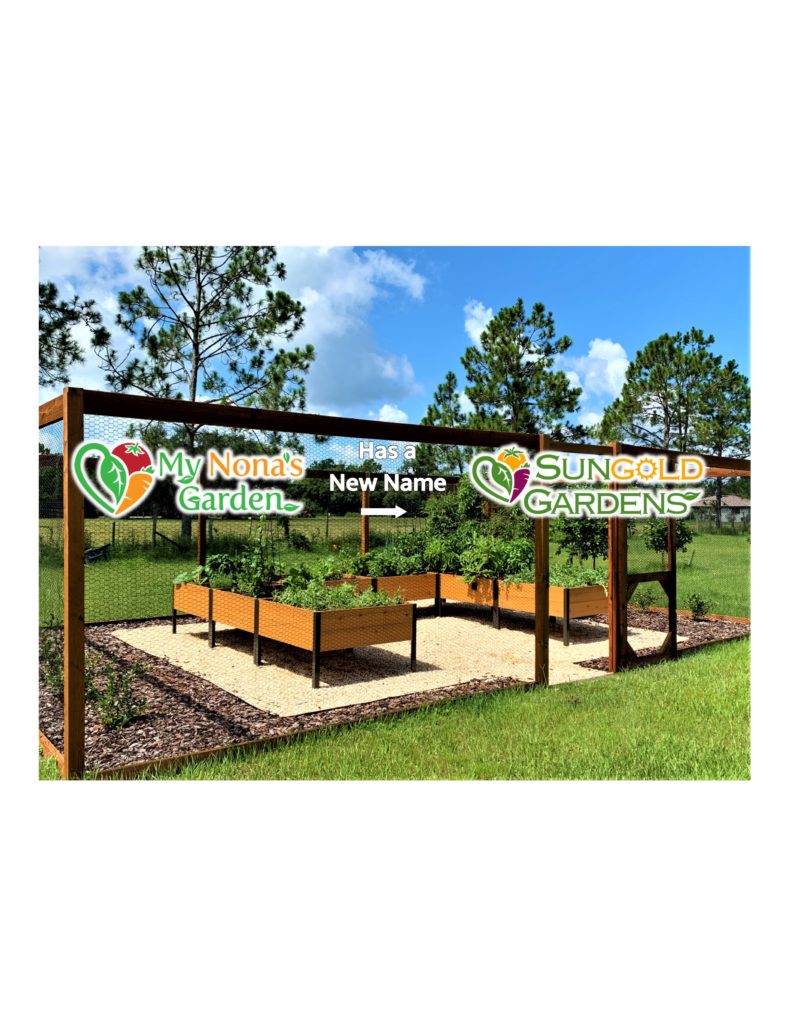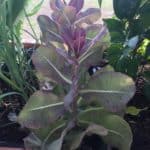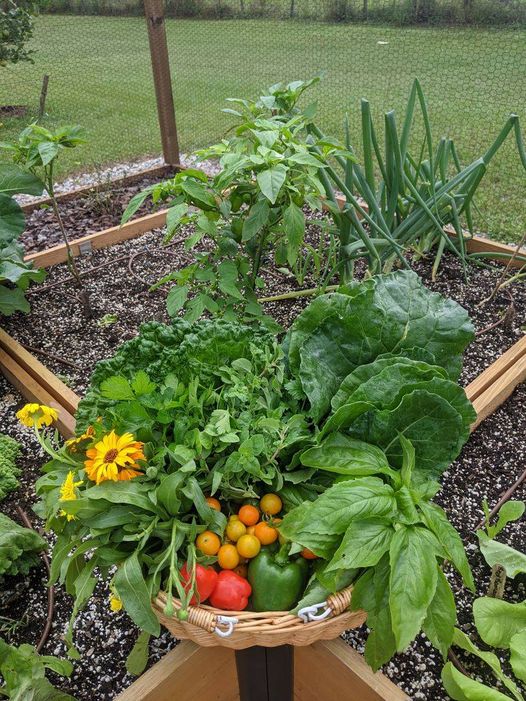
What is round two gardening? For many of the fall vegetable plants, we can get two full harvests of each type of vegetable plant, due to the length of our fall and winter seasons. In Central Florida, our fall and winter seasons begin in September and end around mid-March. This potentially gives us six full months to grow our vegetables. There are some years that we get an early frost or a hard freeze, which significantly slows production or cuts the season short. The last two years have been warmer, and that has been very good for the vegetable garden. Because many plants will be fully harvested between two to three months after planting, they can have an entire second round planted and produce a full yield for the season.
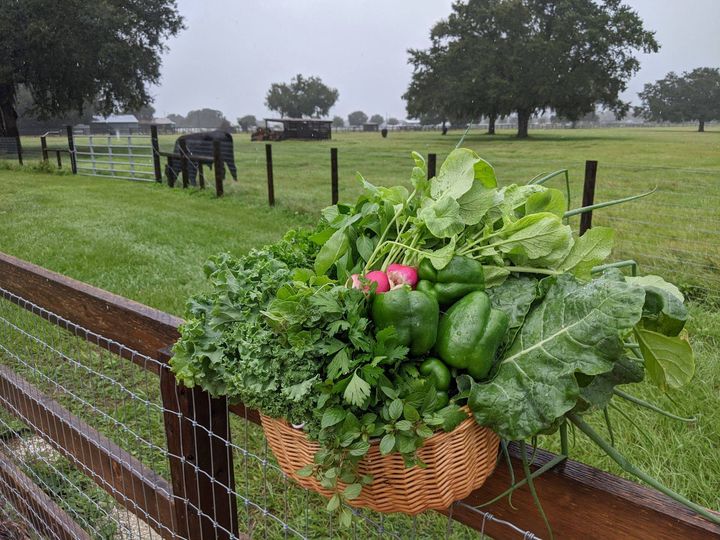
The vegetable plants can be fully harvested and then re-planted in the end of December or the beginning of January. Some of the vegetables that can get two full rounds of harvesting are broccoli, cauliflower, cabbage, carrots, beets and turnips – to just name a few. Also, since we are in Central Florida, we can grow tomatoes and peppers typically 10 to 12 months out of the year, depending on the weather. These are plants that are affected by a light frost or freeze during the wintertime. It slows the production of tomatoes and peppers, but we keep the plant all season long, no matter the weather. They are not candidates for round two planting because they produce a continuous yield throughout the season.
Another way to get a jump ahead on the season is to do some starter plants for round two gardening. If we have a frost or freeze, those little starters are going to need to be protected. Growing starter plants in a greenhouse, or even indoors, will provide the needed protection from the elements. This way you can get a 4- to 6-week jumpstart in the garden with your starter plants. This method is effective for standard plants, not root vegetables. The root vegetables, like carrots, beets and turnips, need to be planted in the garden from seed typically. Transplanting root vegetables can be problematic and can cause deformation or stunted growth if they survive the transplant.
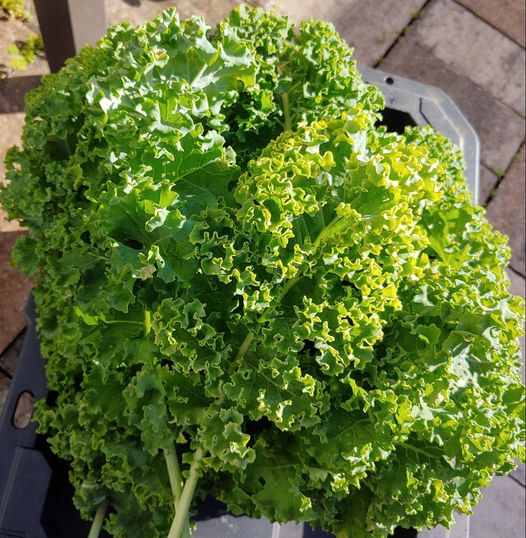
I hope this helps you get the biggest and best harvest out of your fall and winter garden. The fresher and more nutrient-dense organic vegetables we can eat and feed to our families, the better off we all will be.

Herb Spotlight: Thyme
Thyme is a drought-friendly, earthy and floral-flavored herb used predominantly for culinary purposes to flavor stews, soups and meat. It is commonly paired with lamb, seafood, eggs and tomatoes and is used both fresh and dried. Thyme can also be used to fancy up balsamic-glazed carrots or as an addition to tea. As most herbs, thyme has medicinal qualities to treat sore throats and stomach irritation. Add fresh herbs to as many meals as you can to reduce inflammation and aid in digestion.
Happy gardening!
Amber Harmon is the founder and president of Sungold Gardens, formerly My Nona’s Garden, where they install and service low-maintenance, elevated, organic vegetable gardens. If you want a lush self-sustaining food supply but don’t have the time or know-how, we’ll build your dream garden and grow you delicious, nutrient-dense organic produce, right in your own yard or business location.
Visit www.SungoldGardens.com for more information.
“We make organic vegetable gardening EZ!”
